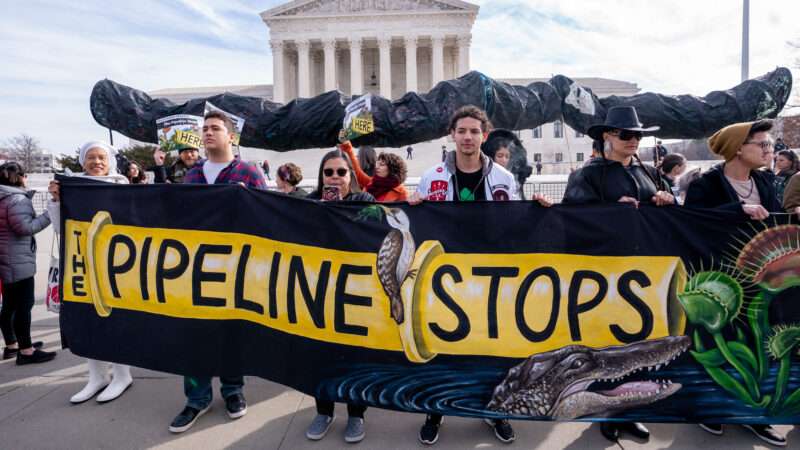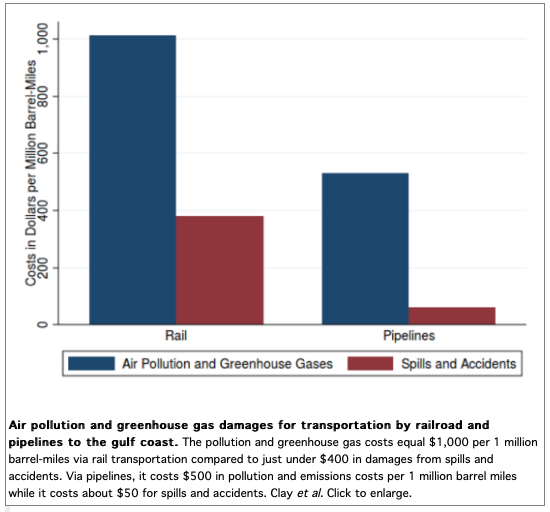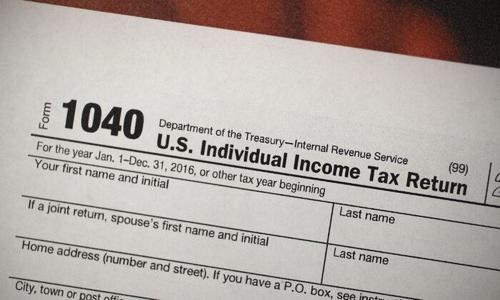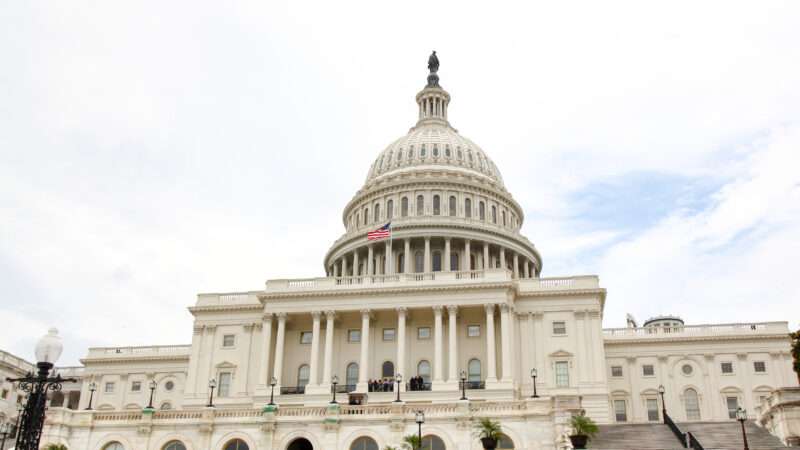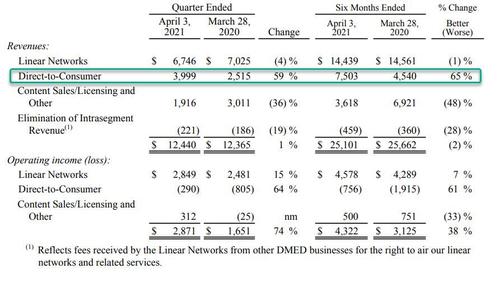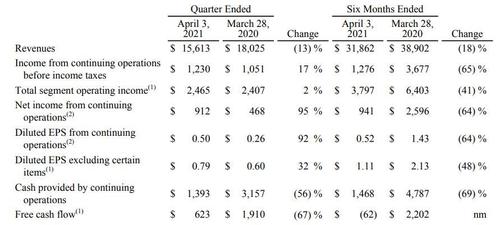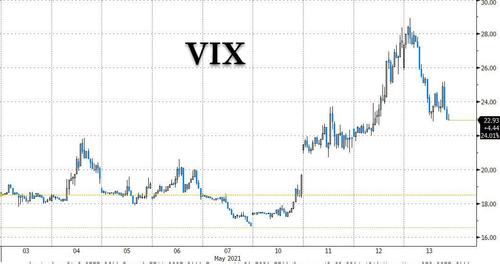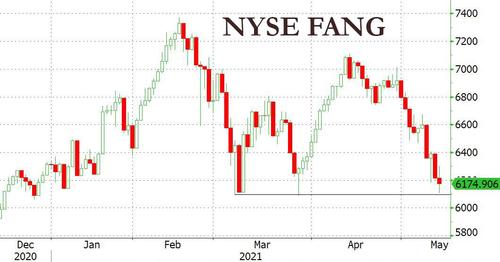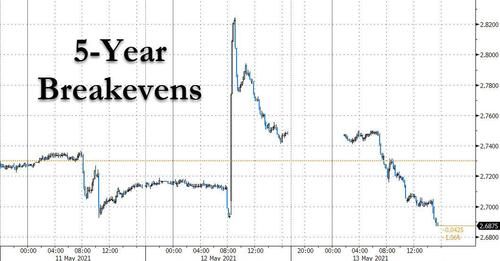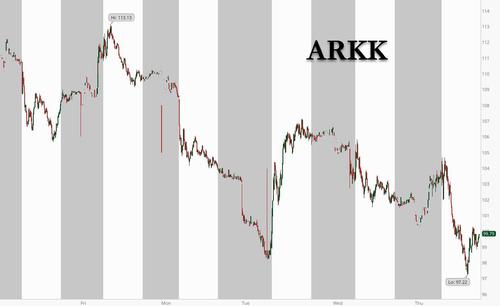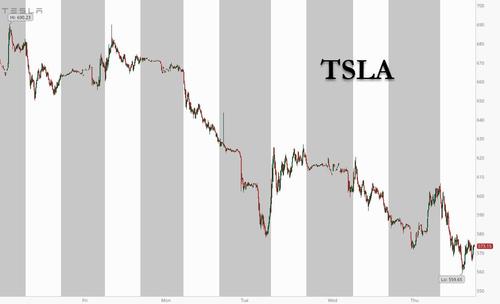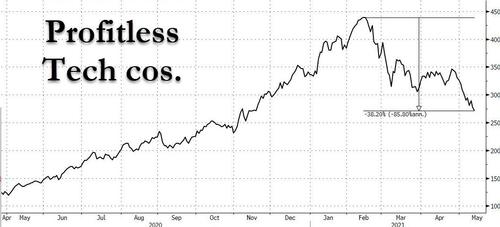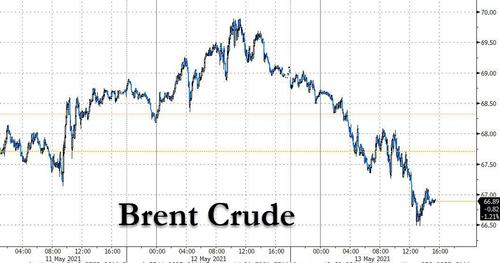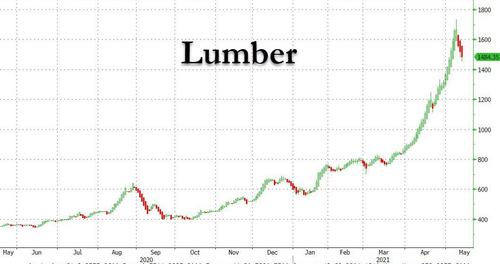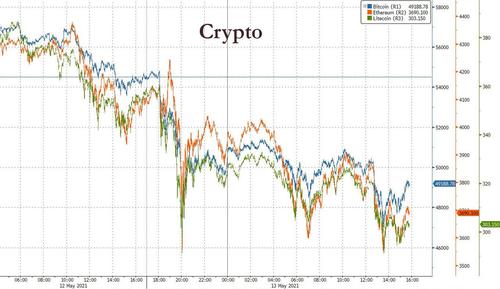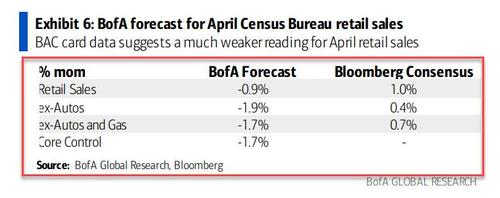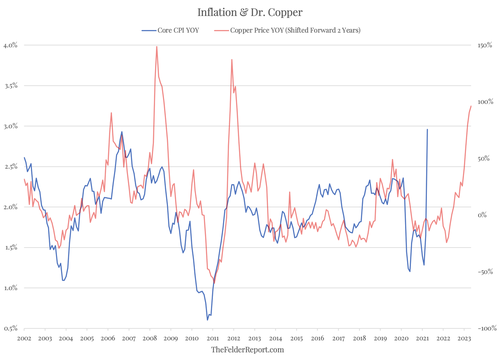Obama-era restrictions on the transfer of surplus military equipment to police departments failed to slow the flow of gear to police, according to a new analysis by the American Civil Liberties Union (ACLU).
The study examines the Department of Defense’s 1033 program, through which police departments can receive free military surplus. The study found that, although the Obama administration limited some of the most controversial equipment, those restrictions were so narrow that they had little effect on the pipeline.
“The quantity of military transfers to local police departments has decreased over time following the slowing demobilization from war, but the Obama-era reforms have done little to keep dangerous military equipment off of America’s streets,” the report says. “And contrary to the claims of its supporters, 1033 does nothing to make communities or officers safer.”
The report comes as civil liberties groups press to end the 1033 program. The Hill reports that Rep. Nydia Velázquez (D–N.Y.), joined by 17 other House Democrats, is introducing legislation today that would completely repeal the 1033 program.
The 1033 provides surplus military equipment for free to law enforcement agencies. The majority of that stuff is mundane: things like filing cabinets, coffee makers, and cold-weather gear. But it also includes “controlled” items such as weapons and vehicles. From 2011 to 2014 alone, the program distributed more than 29,000 military-grade rifles, the report says.
Those law enforcement agencies include ones attached to K-12 schools and universities.
“Eighty institutions of higher education currently possess seven less-lethal firing devices, six mine-resistant vehicles, an armored truck, another combat vehicle, 159 shotguns and pistols, and 622 assault rifles,” the report says. “Nine K-12 schools’ police officers have 96 assault rifles, and one K-12 school—Spring Branch ISD—received a mine resistant vehicle in 2019.”
The Obama administration limited the program in 2015 amid growing public concern over police militarization. Iconic photographs from the 2014 protests in Ferguson, Missouri, showed police with armored vehicles, body armor, and military-grade rifles. The executive order prohibited the transfer of such items as camouflage, .50-caliber ammunition, tracked armored vehicles, grenade launchers, and bayonets. Police departments in possession of such materiel were asked to return the goods.
The return of equipment was unpopular with police departments. The Trump administration, which courted support from law enforcement, rescinded the executive order in 2017.
The ACLU’s study found that, despite the limitations, the 1033 program still transferred more than 100,000 controlled military items worth more than $576 million from the enactment of the 2015 reforms to their repeal in 2017.
“Very little equipment was actually banned by the [executive order], and even the equipment that the [executive order] specifically restricted does not appear to have decreased substantially, in large part because law enforcement agencies easily circumvented new oversight protocols,” the report says.
The ACLU points to incidents during last summer’s protests over the death of George Floyd, such as the time the Austin police critically injured a 20-year-old protester with a “less-lethal” weapon. At the time, the Austin Police Department had five such weapons in its possession that had been transferred through the 1033 program.
A study last year by Brown University’s Costs of War project found that $1.6 billion worth of controlled equipment is in circulation among U.S. police departments.
That includes 1,114 mine-resistant, armored-protective vehicles (MRAPs)—hulking armored personnel carriers designed to survive bomb blasts on the roads of Iraq and Afghanistan.
The ACLU recommends that the 1033 program be abolished. In the meantime, it says, President Joe Biden should place a moratorium on 1033 transfers and recall or destroy controlled equipment already in circulation.
Last month, more than two dozen House Democrats sent a letter to Biden urging him to sign an executive order placing limits on the program.

from Latest – Reason.com https://ift.tt/3tIn1cv
via IFTTT

